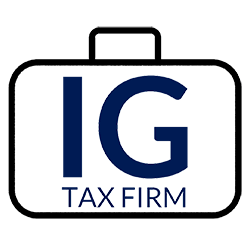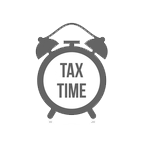Are you Self Employed
Being self-employed can be one of the most financially and socially rewarding experiences in a person’s professional life; but it also poses one fo the most challenged avenues when it comes to taxation and compliance. The tax laws tend to be just a bit more complex for individual which are self-employed. And let’s be honest few business owners have time to navigate the complexities of the tax code to ensure they are receiving the most preferential tax treatments not to mention the time to ensure they are always in compliance.
One of the major differences between an employee and a self-employed individual is the FICA vs Self Employed Tax. When a person is an employee of a corporation they have several withholding's form their paychecks. Among these withholding we see Medicare and Social Security, then as required by law the employer pays the FICA portion (the matching Medicare and Social Security). However, as a Self-employed individual, you are responsible for both the “employee” portion and the “employer portion” also known as Self Employed Tax. Did you also know that half of the Self-employed tax is actually deductible as an expense? So who is self-employed, according to the IRS if you are involved in a trade or business as a sole proprietor or an independent contractor, or if you are a member of a partnership which is involved in a trade or business, or if you work as an independent contractor and are paid on a 1099; you are indeed a self-employed individual.
Tax Deductions
In this area we cannot express enough the importance of proper record keeping. It is imperative to keep accurate records of income paid to you from your customers (keep in mind you may receive 1099’s at the end of the year and you most certainly want to make sure they are accurate and not over stated). Your business expenses are also of utmost importance. Your business deductions are those expenses which are needed to operate your business; however, watch out for pitfalls these expenses need to be ordinary for your line of business. Some common examples of deductions are: home-based office space, vehicle deductions, advertisement, legal fees, insurance and any other expenses directly related and needed for your business. Property which you acquire for your business which is anticipated to last for more than one year would be subject to depreciation (although there are some cases in which the depreciation may be accelerated), this could include machinery, computers, equipment, furniture, etc.
When filing your personal taxes you will include a Schedule C or a Schedule C-EZ to report your income or losses as well as deductions.
You must report all income you receive from your business on your tax return unless it is excluded by law. If you own more than one business, you must file a separate tax return for each business.
PAY AS YOU EARN is the rule. Did you know you that you are not supposed to wait until filing time to pay your taxes and that an extension to file is not an extension to pay? Self-employed individuals should be making estimated tax payments throughout the year. 1040-ES is the form used to make these payments. Once you file you will either owe a bit more if you made much more than the previous year or some other change occurred such as filing status or perhaps you are due a refund if you made less or again is some other aspect of your filing changed from the previous year.

